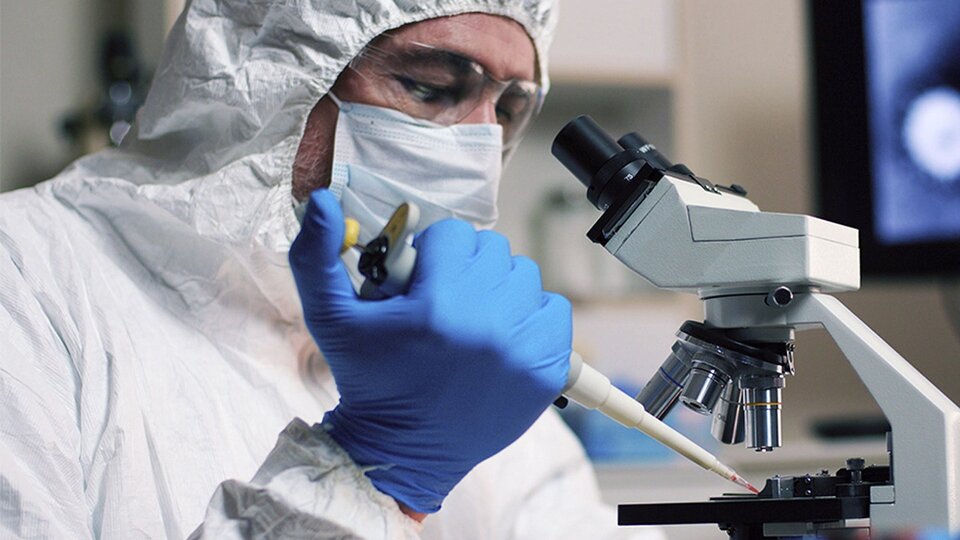
[ad_1]
Researchers at the Federal Polytechnic University of Zurich in Switzerland have discovered the “Achilles heel” of the coronavirus: a Theoretical method to slow down the mechanism of protein production that would reduce viral replication of SARS-CoV-2 in infected cells, so this could be the basis of future drugs against covid-19.
The observation of the Swiss scientific team, which counted with the collaboration of experts from the universities of Bern, Lausanne and Cork, Ireland, is based on the fact that cells produce proteins using one of their building blocks, the ribosome, which synthesizes them by reading RNA in three-letter sequences.
As explained by the authors of the study, published in the journal Science, to be replicated in an infected cell Viruses need the ribosome to have an abnormality in reading the genetic code of RNA, called “frame shift,” where you read only one or two letters of ribonucleic acid in a sequence.
Thus, the specialists continued, both the coronavirus which causes covid-19 and the HIV which causes AIDS need these “frame changes”, generally rare in human cells, to reproduce, therefore. Any component that ensures that incorrect RNA reading never occurs can significantly weaken the virus.
“Generally, treatments for viral infections can target the virus, the host, or the underlying symptoms of the infection. Antiviral treatments work by interrupting the viral life cycle. For SARS-CoV-2, the life cycle can be divided into three stages: entry and trafficking of the host cell, replication of the viral genome, and packaging and exit of new virions, ”the experts described in the journal Science.
Because they are completely dependent on the host for translation (which in humans involves four stages: ribosome initiation, elongation, termination, and recycling), viruses have evolved in various ways to exploit this replication machinery. Therefore, the researchers cautioned, a possible alternative antiviral approach is “target host cell pathways essential for virus replication, such as protein synthesis“.
The great discovery of this study is therefore to have discovered the way to attack the virus. It remains to be seen now which particular component or drug could eliminate incorrect RNA readings, which pharmacists should investigate..
The advantage over drugs is that since many viruses depend on similar host pathways, some antivirals have a broad spectrum of activity against more than one virus.
In fact, in practice, many studies of COVID-19 drugs have consisted of a ‘retest’, that is, evaluating the use of drugs already approved for other purposes to treat the new disease. coronavirus. This, in turn, means that the antivirals discovered to treat the coronavirus could also be useful for other pandemics in the future.
.
[ad_2]
Source link
 Naaju Breaking News, Live Updates, Latest Headlines, Viral News, Top Stories, Trending Topics, Videos
Naaju Breaking News, Live Updates, Latest Headlines, Viral News, Top Stories, Trending Topics, Videos